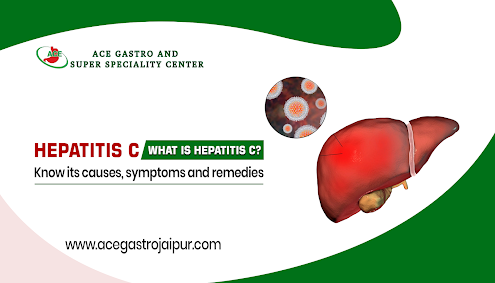An Overview of Liver Cirrhosis: Causes, Symptoms, and Risk Factors
Discover the causes, symptoms, and risk factors of liver cirrhosis in this comprehensive guide. Learn about this condition's ins and outs, from its origin to its impact.
Understanding Liver Cirrhosis
Before diving into the symptoms of liver cirrhosis, it’s important to understand what causes the condition. There are several factors that can lead to liver cirrhosis, including:
- Alcohol abuse
- Viral hepatitis (B and C)
- Non-alcoholic fatty liver disease (NAFLD)
- Autoimmune hepatitis
- Hemochromatosis (excess iron in the liver)
When any of these factors cause liver damage, scar tissue forms as the liver tries to repair itself. Over time, this scar tissue can build up and lead to cirrhosis.
Liver Cirrhosis Symptoms
The symptoms of liver cirrhosis can be subtle and difficult to recognize in its early stages. However, as the condition progresses, the symptoms become more pronounced. Some common symptoms of liver cirrhosis include:
- Fatigue: Feeling constantly tired or lacking energy.
- Unexplained Weight Loss: A noticeable drop in weight without dieting or exercise.
- Weakness: General weakness and muscle fatigue.
- Loss of Appetite: A reduced desire to eat or early satiety.
- Nausea: Frequent feelings of queasiness or a sense of discomfort in the stomach.
- Abdominal Pain: Dull or aching pain in the upper right abdomen.
- Jaundice: Yellowing of the skin and eyes due to bilirubin buildup in the body.
- Swelling: Swelling in the abdomen or legs, often due to fluid retention (edema).
- Itchy Skin: Persistent and unexplained itching, especially on the palms and soles.
- Dark Urine: Urine that appears dark or brown in color.
- Pale Stools: Light-colored or clay-like stools.
- Spider Veins: The appearance of small, reddish skin marks resembling spider webs.
- Frequent Bruising: Easy bruising and slow healing of bruises.
- Changes in Mental Function: Impaired cognitive function, memory problems, or confusion.
- Bleeding: Increased risk of bleeding, such as nosebleeds and gum bleeding.
Liver Cirrhosis Causes
- Chronic Alcohol Consumption: Excessive and prolonged alcohol intake can lead to alcoholic liver disease, one of the primary causes of cirrhosis.
- Hepatitis Infections: Chronic viral hepatitis infections, such as hepatitis B and C, can cause inflammation and scarring of the liver, leading to cirrhosis if left untreated.
- Non-Alcoholic Fatty Liver Disease (NAFLD): This condition is associated with the accumulation of fat in the liver and can progress to cirrhosis, especially in those with obesity and diabetes.
- Autoimmune Liver Diseases: Conditions like autoimmune hepatitis and primary biliary cirrhosis involve the immune system mistakenly attacking liver cells, potentially leading to cirrhosis.
- Hemochromatosis: This genetic disorder causes the body to absorb and store too much iron, leading to iron buildup in the liver and subsequent cirrhosis.
- Wilson's Disease: A rare genetic disorder that leads to the accumulation of copper in the liver and other organs, potentially causing cirrhosis.
- Non-Alcoholic Steatohepatitis (NASH): A severe form of NAFLD, NASH involves liver inflammation and damage, which can progress to cirrhosis over time.
- Medications and Toxins: Prolonged use of certain medications and exposure to toxins can harm the liver and lead to cirrhosis.
- Cystic Fibrosis: People with this inherited condition may develop liver disease, including cirrhosis, due to the buildup of thick mucus in the liver's ducts.
- Budd-Chiari Syndrome: This rare condition involves the obstruction of blood flow from the liver, leading to liver damage and cirrhosis.
Preventing Liver Cirrhosis
Preventing liver cirrhosis involves making lifestyle changes and taking steps to protect your liver. Here are some tips to prevent liver cirrhosis:
- Limit alcohol consumption
- Get vaccinated for viral hepatitis
- Maintain a healthy weight
- Manage chronic health conditions such as diabetes and high blood pressure
- Avoid exposure to toxins and chemicals that can damage the liver
.png)

.png)
Comments
Post a Comment